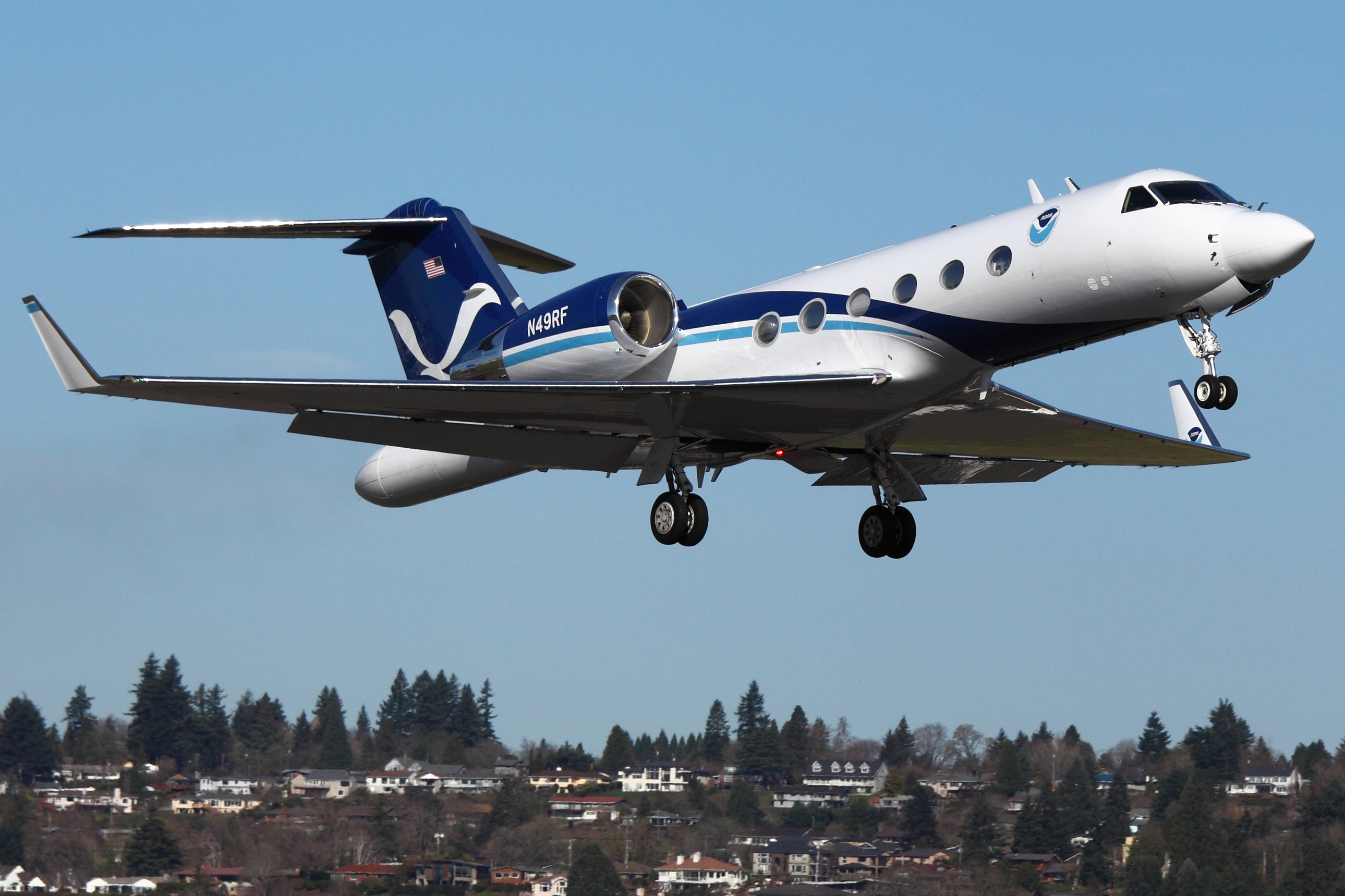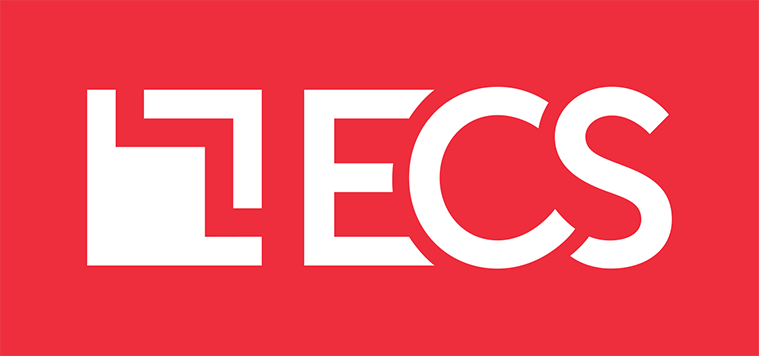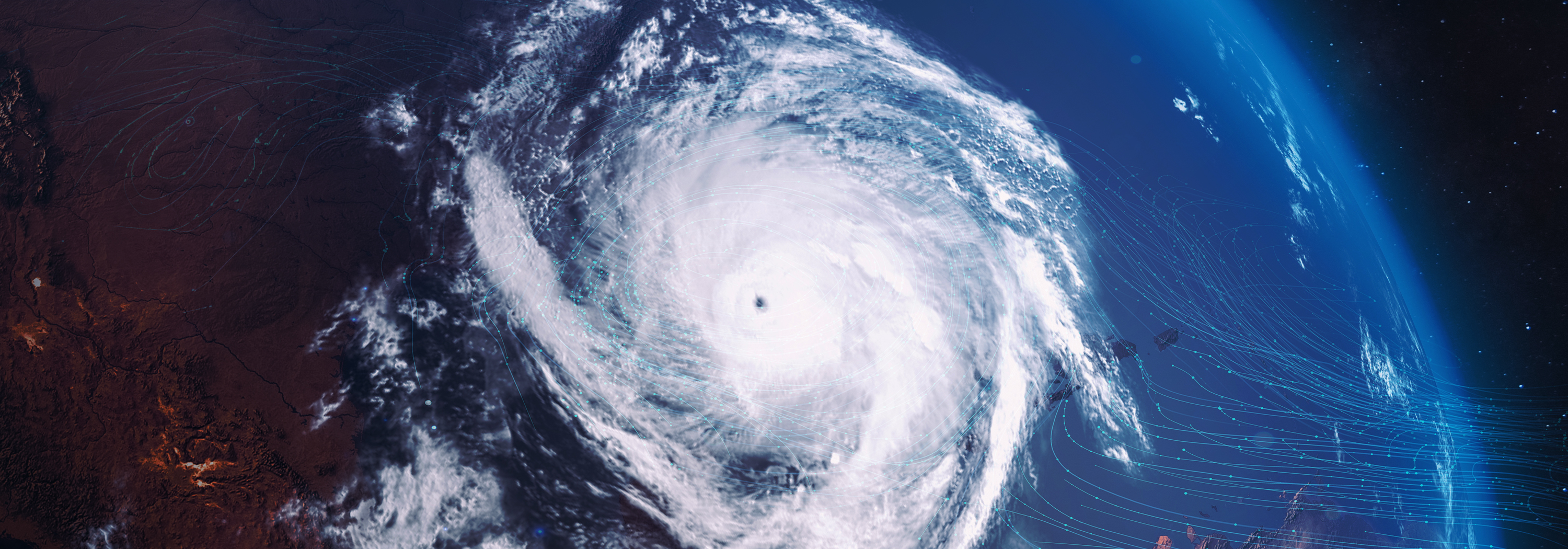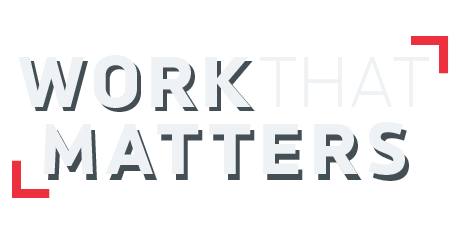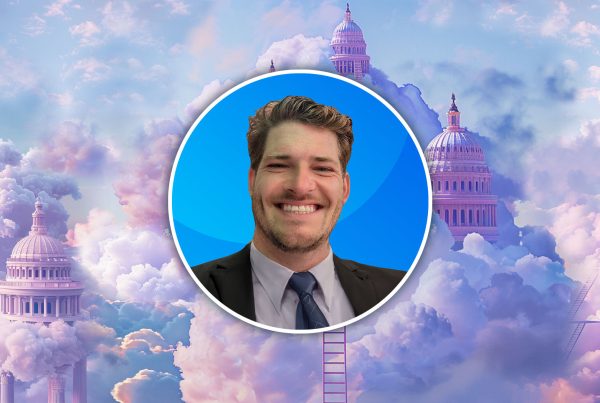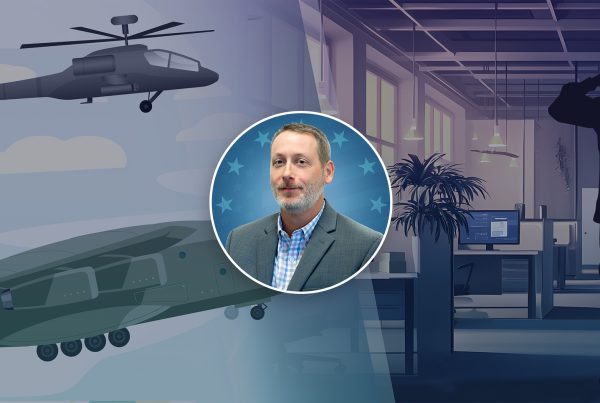“Work That Matters” is a series in which ECS experts discuss their roles and responsibilities and the larger impact they have in the workplace, community, and world. In this installment, we interview Jack Parrish, aviation aircrew flight director at ECS. Parrish works with the National Oceanic and Atmospheric Administration (NOAA) helping plan and develop the next generation of hurricane hunting aircraft.
JACK PARRISH
aviation aircrew flight director
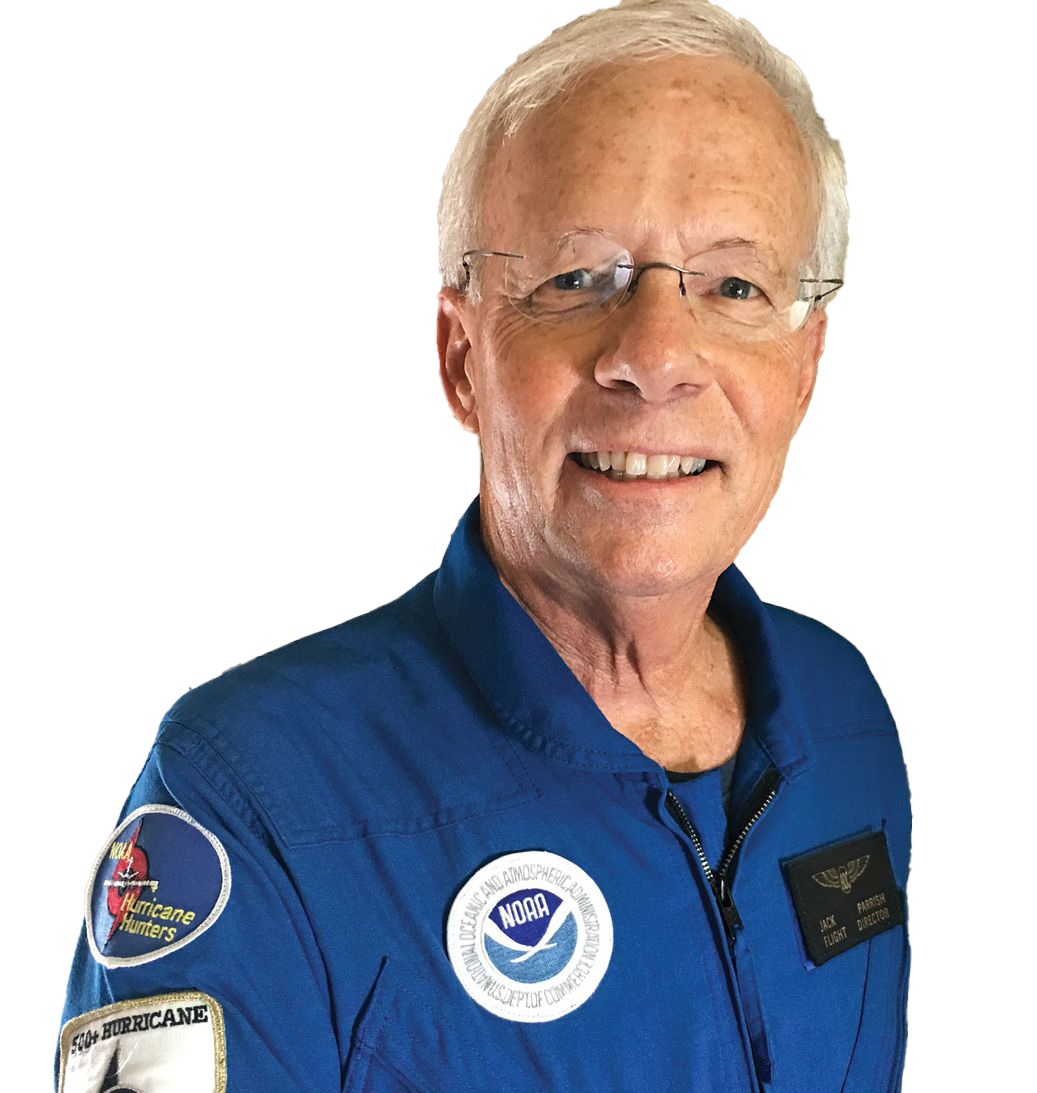
Q: Tell me a little about your role here at ECS.
A: I work as aviation aircrew flight director here at ECS. Together, my team and I are helping draft the regulations and requirements for the next generation of hurricane hunting aircraft. These aircraft are airborne laboratories, designed to travel right into the heart of a hurricane and measure critical data. The information they collect helps scientists model the hurricanes and predict their path.
The current aircraft NOAA uses is a modified Lockheed P3 airplane, which is a four-engine prop plane that has been the go-to model for 45 years. The P3s were the best flying radar platform out there when it came to weather. But radar systems have evolved, and they will continue to evolve. Our role is to take the best of the P3’s abilities and design an aircraft that can handle the latest scientific instrumentation and grow as scientists’ needs do. My role has recently expanded as well! In addition to the design work, I will now be flying with the NOAA hurricane fleet for the 2023 hurricane season as well.
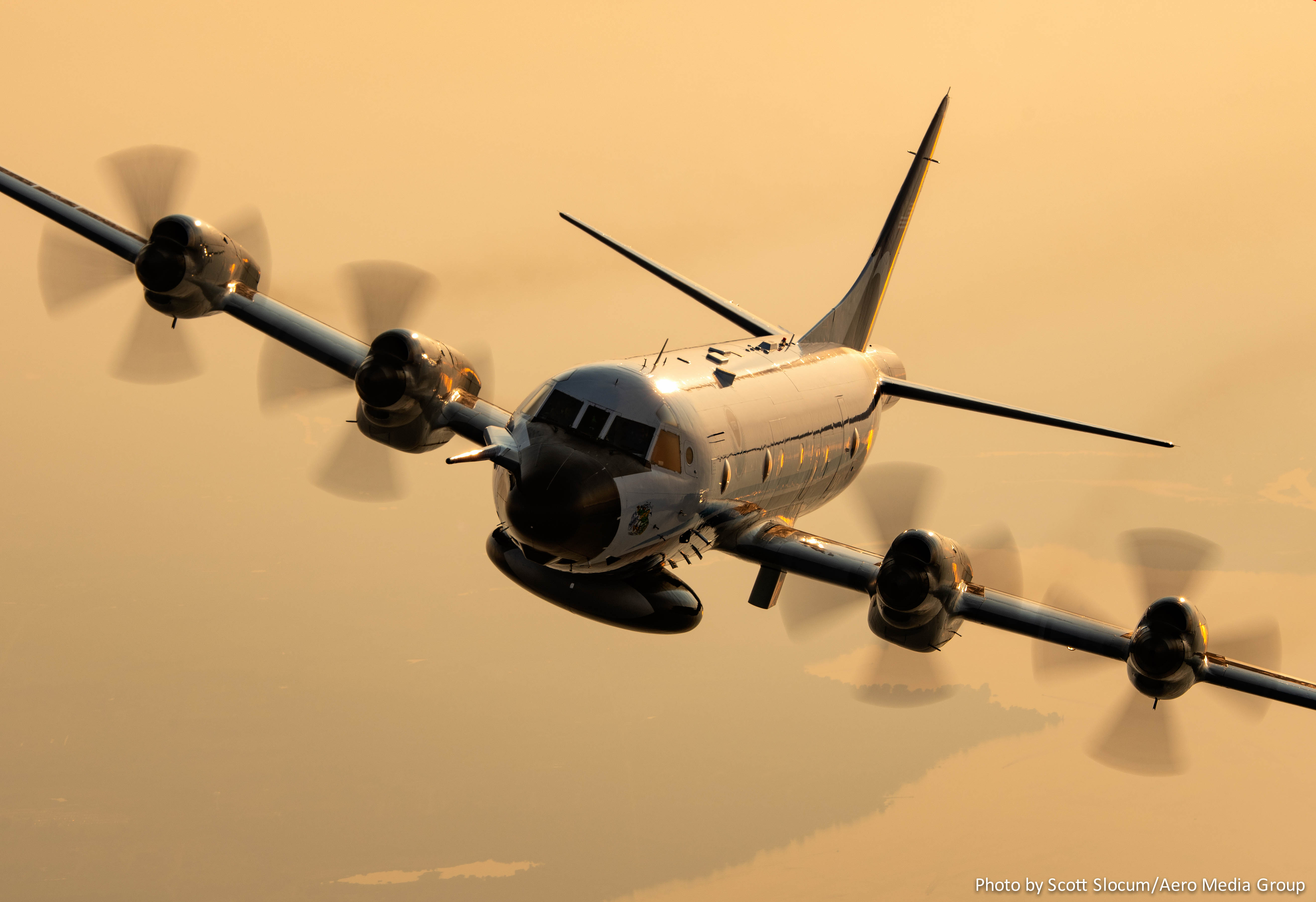
Q: Before you came to work at ECS, you had a long and storied career as a “hurricane hunter” yourself. What was that time like?
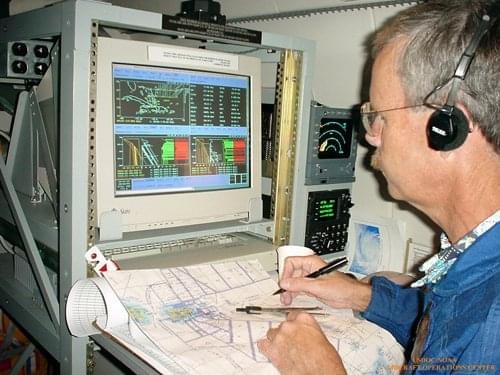
A: I was a flight director for NOAA Aircraft Operations Center (AOC). I did that role for close to 40 years. As flight director, I functioned as a liaison between the scientists on board and the flight crew who were responsible for flying and navigating through the storm. I still can’t believe I landed the role at the time. I had always thought of hurricane hunters the same way I thought of astronauts: very cool people, but none of us mere mortals were ever going to get a chance to be one. I’ll just admire them from afar. After working as a radar specialist in the Coast Guard, I went and got a meteorology degree at Florida State.
Lo and behold, in June of 1980, NOAA’s Hurricane Research Division needed a radar scientist with a meteorology degree, and my hurricane hunting career began. Then in 1983, I joined NOAA AOC as a flight director. Between 1980 and my retirement in 2021, I spent 42 consecutive seasons hunting hurricanes!
Q: Flying into the heart of a hurricane seems like a dangerous way of collecting data. What do these aircraft reveal that remote sensors can’t?
A: As I mentioned before, the information these aircraft collect helps scientists model the hurricanes and make predictions about their path. When I started flying in 1983, the National Hurricane Center could only put out forecasts three days ahead of time. After I left NOAA at the end of 2021, they were beginning to put out forecasts seven days in advance. That increase speaks to advances in computer modeling and better confidence in our forecasts. But models are only as good as the data that goes into them. To accurately model hurricanes, you need the best possible data! That requires information from inside the storm at different altitudes and points, which can only be collected by flying into the hurricane and measuring the storm directly. It’s critical life and death information, especially as our coastal populations soar, because it gives us the ability to make better long-range forecasts and effectively plan, prepare, and evacuate when storms do make landfall.
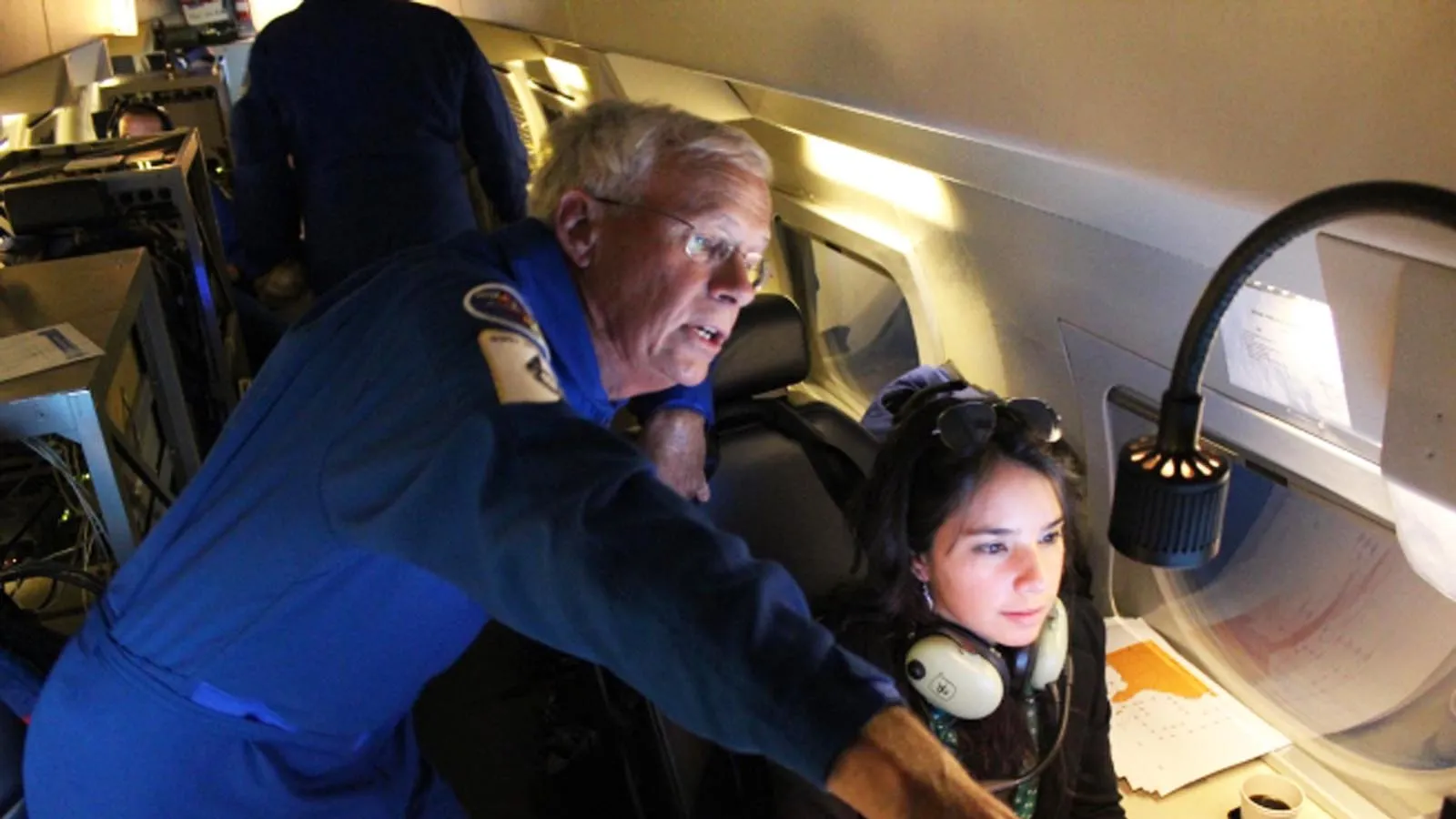
Q: What has your transition from a career in aviation to ECS been like?
A: After I retired from NOAA, one of my old bosses from the organization contacted me, and at that point, I never had any intention of doing contracting work. But when he told me the role was helping develop the next hurricane hunter airplane, I thought, “Holy smokes, this is an opportunity I can’t pass up.” In all my years of flying P3s, I never thought I’d have a role in designing what came next. Working at ECS enables me to work on a project near to my heart. It’s a way of expanding on the work I’ve been doing for the last 40 years. I’m honored to be part of this mission and team.
